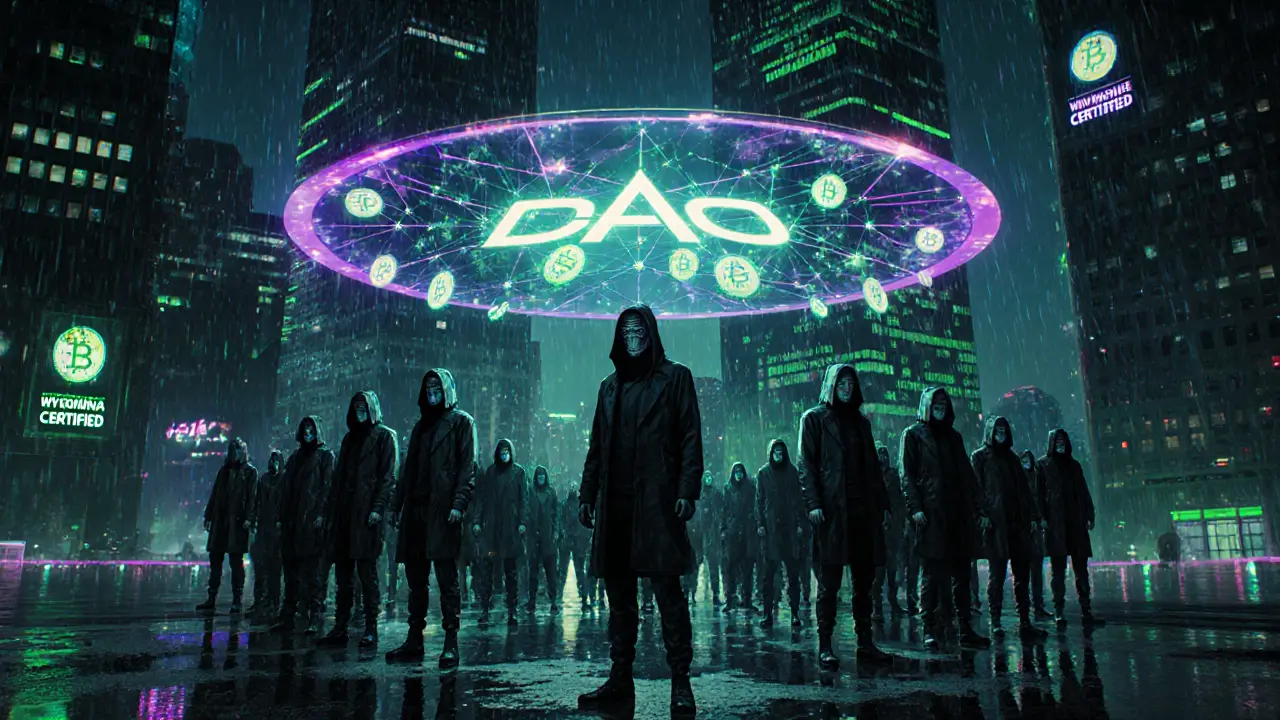In 2025, DAOs are legally recognized in a handful of U.S. states and Malta. Learn how Wyoming, New Hampshire, and others are shaping the future of decentralized organizations - and what it means for your tokens, liability, and business.
New Hampshire DAO Act: What It Means for Crypto Governance and Decentralized Organizations
When you hear New Hampshire DAO Act, a 2023 state law that gives legal status to decentralized autonomous organizations in New Hampshire. Also known as House Bill 438, it’s one of the few U.S. laws that treats a DAO like a real business entity—not just a smart contract on a blockchain. Before this law, running a DAO in the U.S. was like operating a club with no legal paperwork. Members could be held personally liable. Assets were unclear. Contracts were unenforceable. The New Hampshire DAO Act changed that by letting DAOs register as legal entities, just like LLCs or corporations.
This law doesn’t just apply to crypto projects. It covers any group that uses blockchain to make decisions collectively—whether it’s a community fund, a decentralized studio, or a token-gated nonprofit. The act requires DAOs to file a simple form with the state, name a registered agent, and disclose basic info. That’s it. No complex audits, no mandatory disclosures beyond what’s needed for transparency. It’s lean, practical, and designed for real-world use. This makes New Hampshire a rare place in the U.S. where founders can build a DAO without fearing legal chaos.
The act also clarifies how DAO members interact with liability. If you’re a member of a registered DAO in New Hampshire, you’re not automatically on the hook for its debts or lawsuits. That’s a big deal. In most states, simply holding a token could mean you’re legally responsible if something goes wrong. Here, your liability is limited—just like in an LLC. It’s not perfect. The law doesn’t solve every problem. Tax treatment? Still unclear. Federal regulators? Still watching. But for anyone trying to build something real on-chain, this is a rare green light.
What you’ll find in the posts below are real examples of how this law affects projects. You’ll see how DAOs are using it to hire contractors, open bank accounts, and even sign leases. You’ll also find warnings about what happens when people ignore it. Some projects think they’re safe just because they’re decentralized. They’re not. The New Hampshire DAO Act isn’t magic. It’s a tool. And like any tool, it only works if you use it right.

